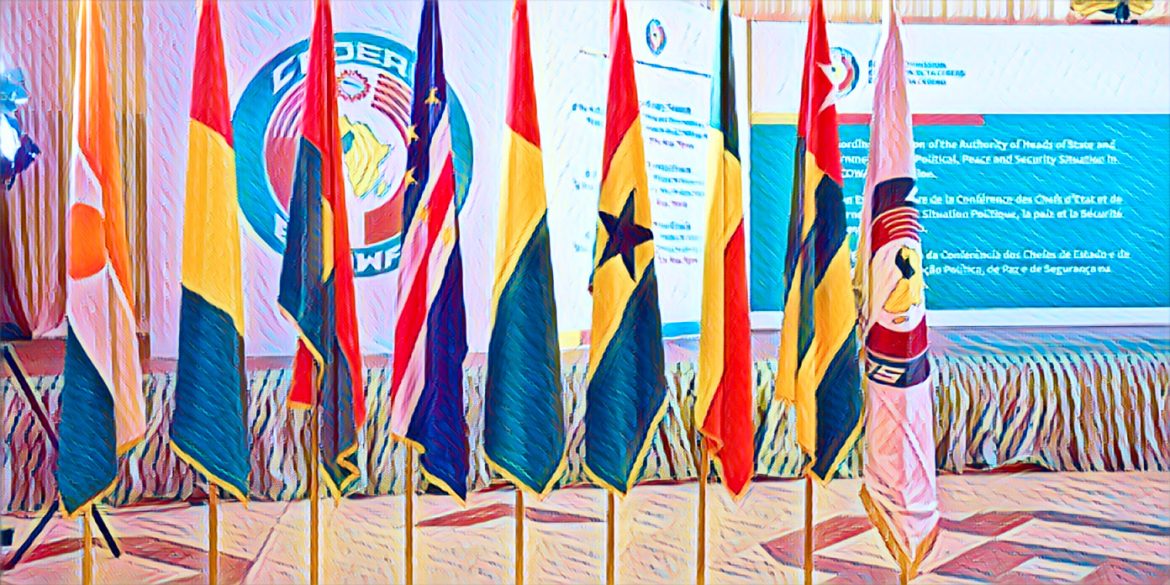KEY POINTS
- Nigeria accounts for over 55 percent of ECOWAS’s total GDP, driving economic growth.
- The country has led peacekeeping and conflict resolution efforts across West Africa.
- Security challenges and trade imbalances pose significant hurdles to Nigeria’s role.
Nigeria being referred to often called the ‘’Giant of Africa ‘’ is a key member of the Economic Community of West African States (ECOWAS).
ECOWAS was founded in 1975 and comprises 15 West African states whose principal goals are to coordinate economic cooperation, attain a stable economic, political, and social structure in the region.
Following its population size, economic might and the political power, Nigeria’s roles in formulating and implementation of policies and programs of the ECOWAS cannot be overemphasized.
Nigeria’s economic contributions to ECOWAS
The Nigerian economy is the biggest in Africa and is a pivotal member in the implementation of the financial and economic activities of the ECOWAS.
As a result, the Nigerian government currently contributes up to 55 percent of the total GDP of the economic bloc and bears most of the funding responsibilities in ECOWAS activities, which include peace support operations as well as development projects.
Such financial support does help ECOWAS put through measures of regional integration and economic stability within the country.
Another advantage also is the large Nigerian market which have created a pull for intraregional trade not only from other West African countries but also investors from these countries as well.
One of the key arrangements especially through the ECOWAS Trade Liberalization Scheme (ETLS) Nigeria has supported the liberalization of the free flow of goods, service and capital within the system of the member states.
This has greatly enhanced regional integration trade within the ECOWAS region, making Nigeria an important actor in the realization of the community’s economic integration.
Nigeria’s leadership in regional peacekeeping
It is well known that Nigeria plays a frontline role in the sustenance of peace and security within ECOWAS.
The country has led many of these under the ECOWAS Monitoring Group (ECOMOG) in Liberia, Sierra Leone and Mali.
Such intercessions have helped to steady Nations with political instability and armed struggle which proves the active part played by Nigeria in the stability of the region.
In addition, Nigeria has participated in the peace keeping process and negotiation of political conflicts as well as promotion of democratisation initiatives.
A clear case is when Nigeria intervened in the affairs of The Gambia during the 2016 presidential vote to bring about the economic change needed to solve a political crisis and foster a transfer of power.
That added with the fact that Nigeria has been able to take the forefront and lead diplomatic efforts within ECOWAS shows Nigeria’s impact and willingness to stabilize the community.
Challenges facing Nigeria in ECOWAS
However, there are noticeable challenges when Nigeria is involved in any process within the ECOWAS community.
Regional economic integration sometimes fosters tension among the member states because some are more endowed than others; in this case, the smaller economies depend on the resources of Nigeria.
The ECOWAS agreements have also led to the involvement of several goods from other countries nearby hence causing trade disparities and smooching of domestic sectors in Nigeria.
Security concerns make up the rest of challenges that amplify Nigeria’s role.
Its struggles include but are not limited to terrorism and cross border crimes including human trafficking and arms dealing.
The experience with Boko Haram in Nigeria’s northern areas demonstrates that the problem and its solution require stronger regional cooperation.
Nigeria’s path forward in ECOWAS
In order to enhance authority in ECOWAS Nigeria has to focus on regional integration and combat local issues.
More integration through the work done, for example, through and implementing projects such as the African Continental Free Trade Area (AfCFTA) and improving the infrastructure can improve trade and investment on the financial context of the region.
Strengthening intelligence-sharing and joint military operations with ECOWAS member states is crucial for combating terrorism and cross-border crimes
Nigeria can also promote stability by increasing investments in education, healthcare, and infrastructure in neighboring countries.
They can also contribute to closing income inequalities and sustainable development within the ECOWAS region.
Additionally, advocating for policy reforms to ensure fair trade practices and equitable resource distribution will enhance Nigeria’s role as a leader in regional collaboration.


